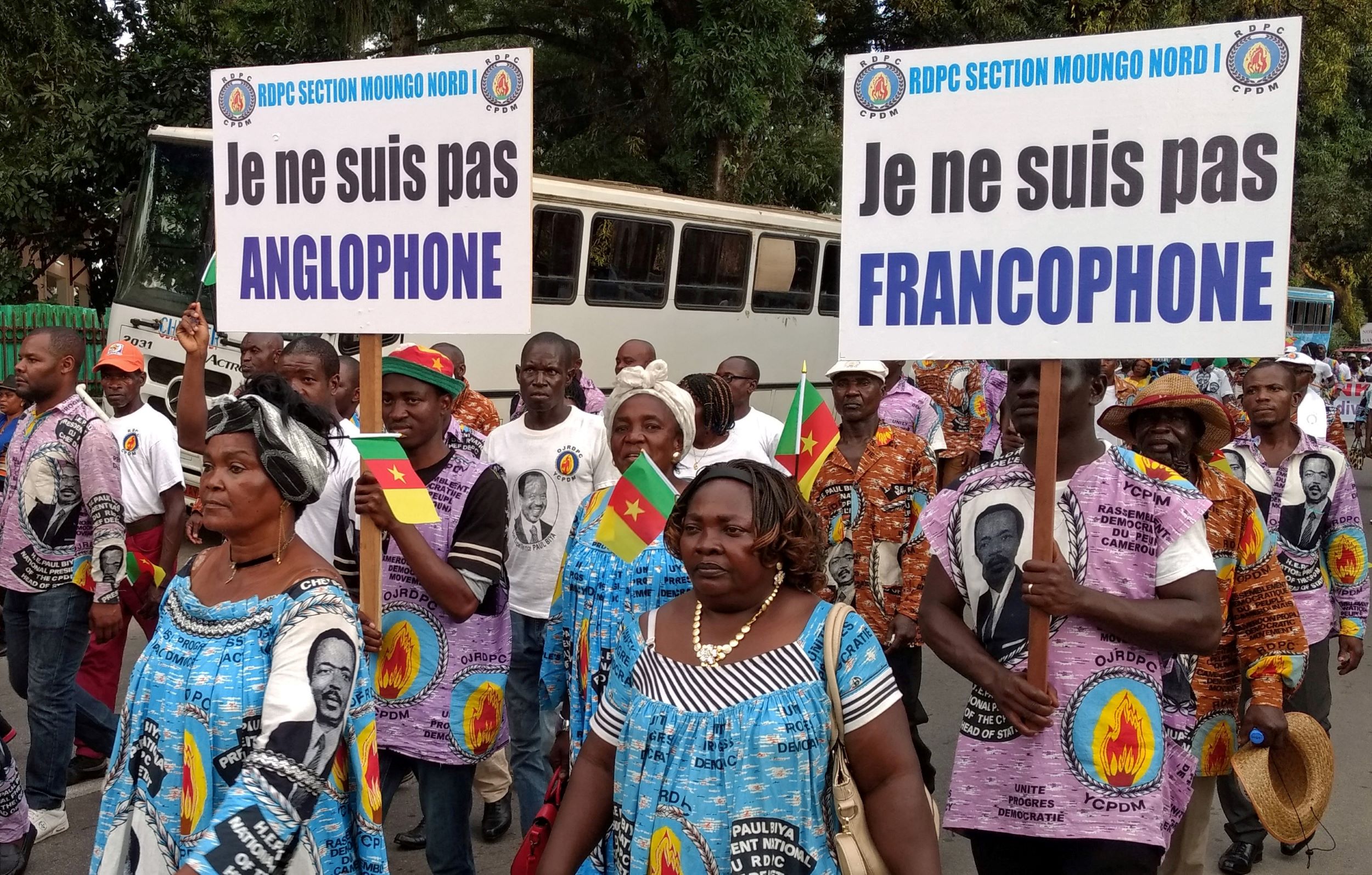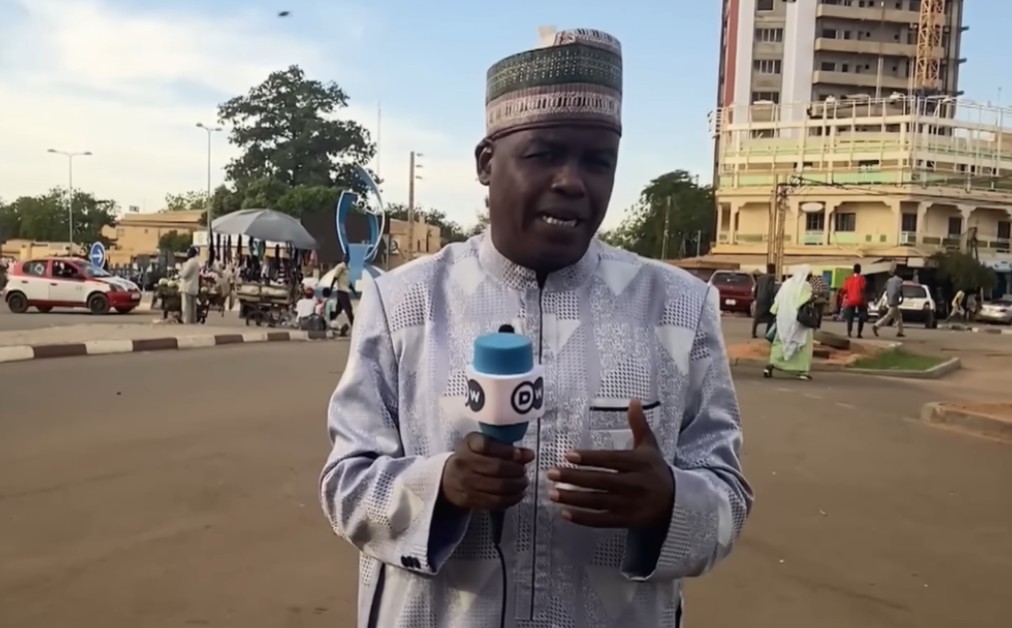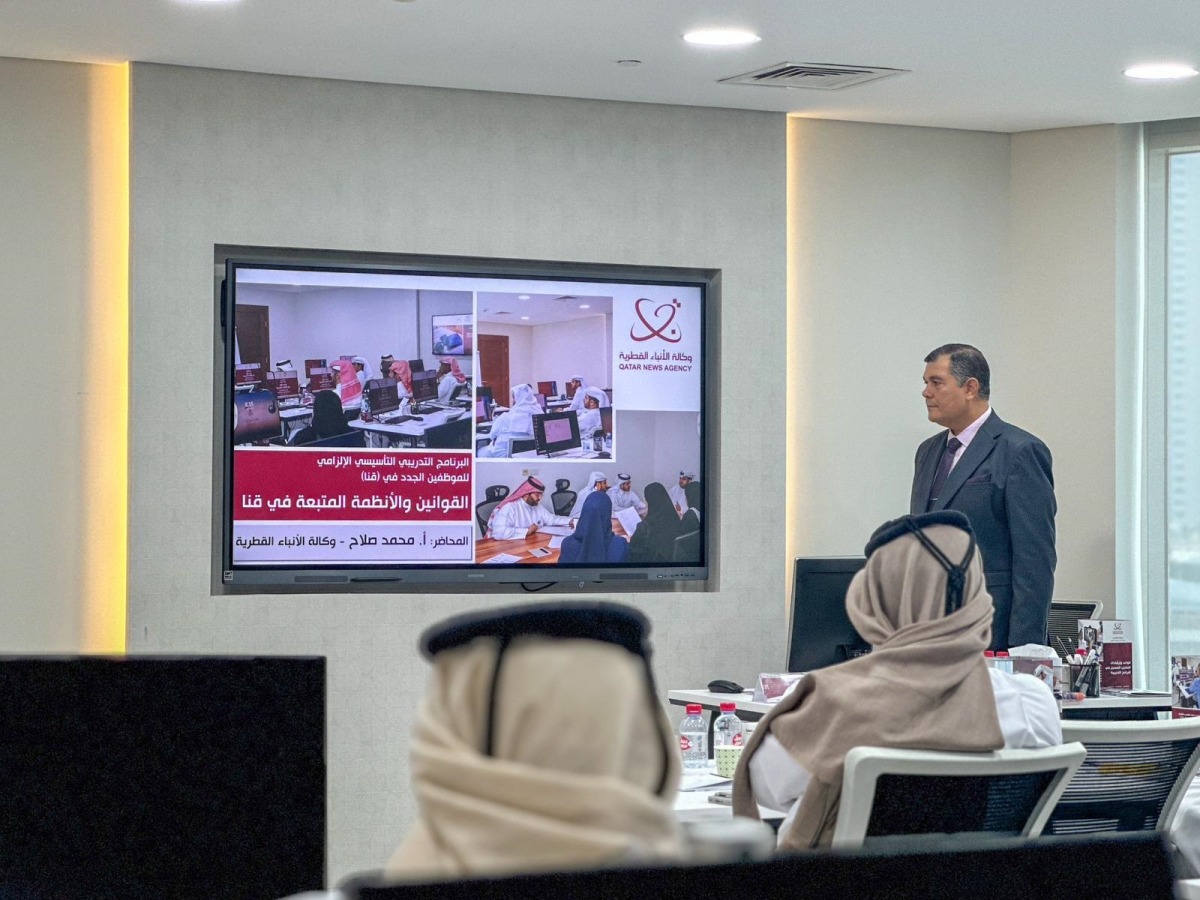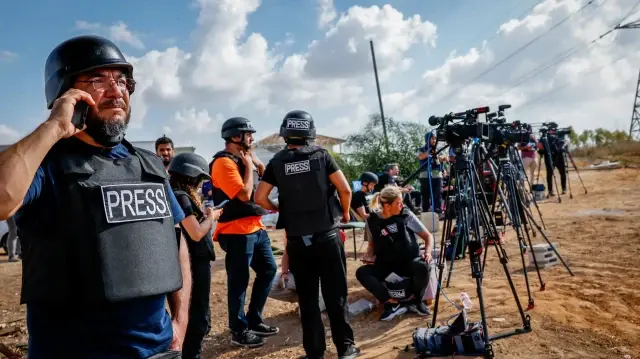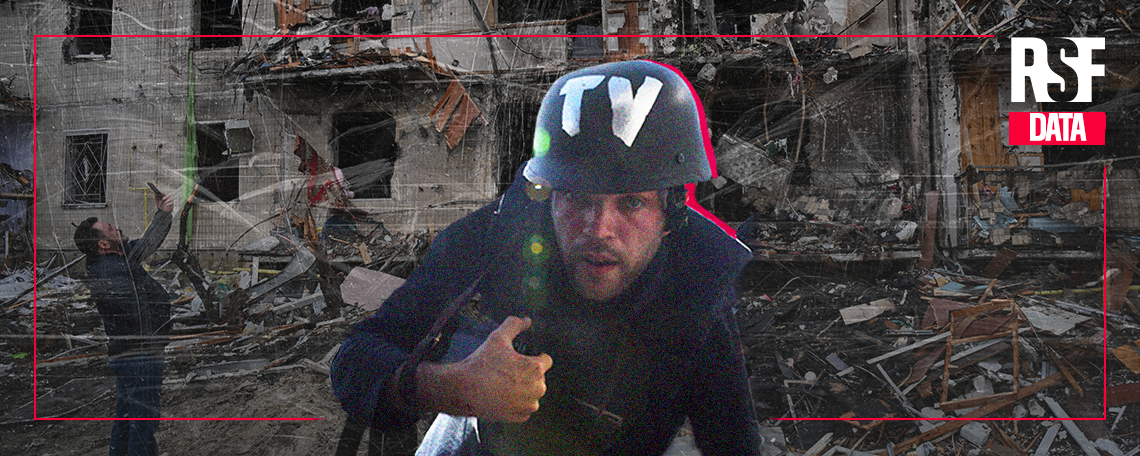
Three Years On, Ukrainian Journalists Face Escalating Threats Amid Russian Invasion
February 19, 2025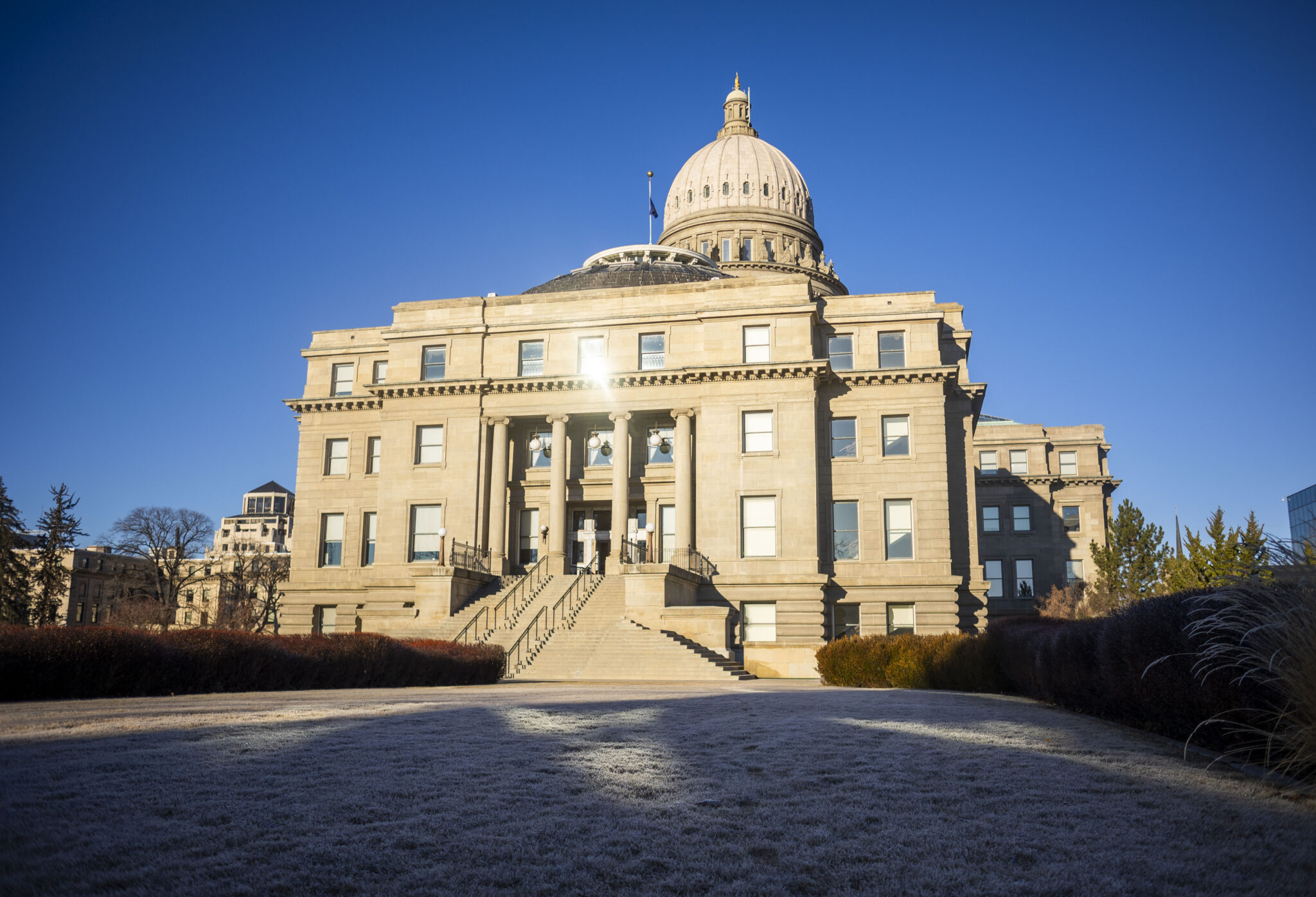
Idaho Enacts Media Shield Law to Protect Journalists’ Confidential Sources
February 19, 2025February 19, 2025 – Cameroon –
For nearly a decade, Cameroon’s Anglophone regions—the Northwest and Southwest—have been engulfed in a violent conflict between separatist groups and government forces. This prolonged crisis has not only resulted in over 6,000 civilian deaths and the displacement of more than 600,000 people but has also severely undermined press freedom, placing journalists in an increasingly perilous position.
Journalists operating in these regions face threats from both sides of the conflict. Government forces have been known to arrest and detain reporters under the guise of anti-terrorism laws, while separatist groups have targeted journalists they suspect of unfavorable coverage. This dual threat has led to a climate of fear and self-censorship among media professionals.
The 2014 anti-terrorism law in Cameroon has been particularly detrimental to press freedom. Critics argue that its broad definitions allow for the criminalization of legitimate journalistic work, effectively stifling dissent and critical reporting. Under this law, journalists can face severe penalties, including lengthy prison sentences, for publishing information deemed false or defamatory.
The dangers are not merely theoretical. In 2019, journalist Samuel Wazizi died in government custody under suspicious circumstances after being arrested for his reporting on the conflict. His death, along with other incidents of harassment and violence against journalists, underscores the lethal risks associated with reporting in the Anglophone regions.
Female journalists face additional challenges, including gender-based violence and discrimination, further complicating their ability to report safely and effectively. Despite these obstacles, many continue to work under dangerous conditions, driven by a commitment to inform the public and hold power to account.
The international community has called on the Cameroonian government to revise its repressive laws and ensure the safety of journalists. However, without concrete actions and protections, the future of independent journalism in Cameroon remains uncertain. As the conflict persists, the role of journalists in documenting and disseminating information is more critical than ever, necessitating urgent measures to safeguard their rights and lives.
Reference –
https://journals.sagepub.com/doi/10.1177/14648849231183810
https://ijnet.org/en/story/how-cameroon%E2%80%99s-anglophone-crisis-undermining-journalism

